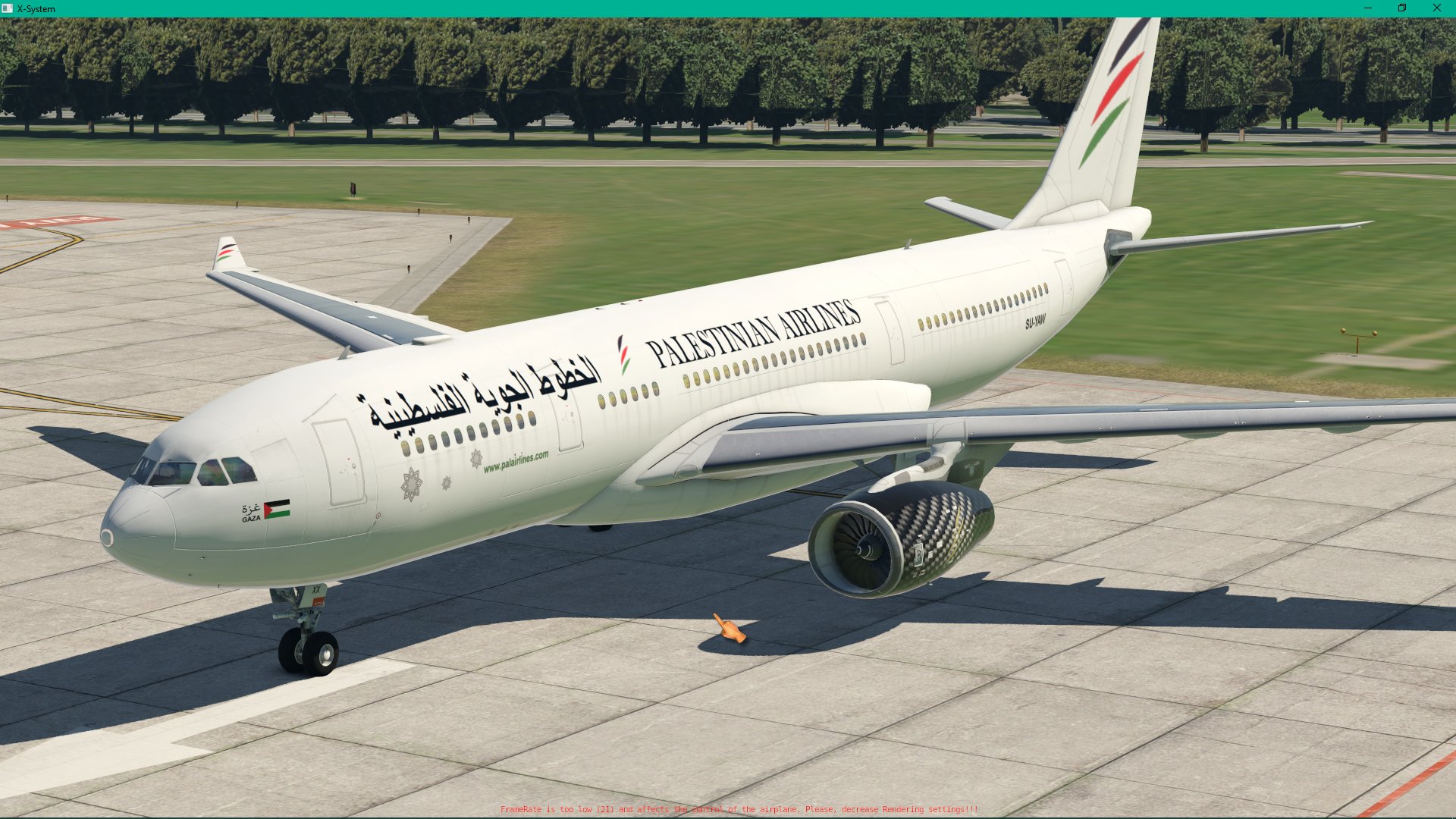Delta Airlines’ Response to the Palestinian Flag Incident: Delta Airlines Palestinian Flag

Delta airlines palestinian flag – In response to an incident where a passenger was asked to remove a Palestinian flag from their carry-on luggage, Delta Airlines issued an official statement expressing regret and apologizing for the passenger’s experience. The company stated that they are committed to inclusivity and diversity and that the incident was not a reflection of their values.
Communication Strategy
Delta’s communication strategy focused on transparency and accountability. They promptly issued an official statement, acknowledging the incident and apologizing for the passenger’s experience. The statement was widely shared on social media and received positive feedback from many customers.
Public Relations Handling
Delta’s public relations team proactively reached out to media outlets to provide additional context and clarification about the incident. They also engaged with customers on social media, responding to concerns and addressing any misinformation.
Media Coverage and Public Reactions
The incident received significant media coverage, with many outlets praising Delta’s response. The public reaction was generally positive, with many people commending Delta for handling the situation with sensitivity and professionalism.
Legal and Ethical Implications

The legal framework surrounding freedom of speech and discrimination in the context of airlines is complex and varies from jurisdiction to jurisdiction. In the United States, the First Amendment of the Constitution protects freedom of speech, but this protection is not absolute. Airlines are private companies, and as such, they have the right to set their own policies regarding what is and is not allowed on their flights.
However, airlines must also comply with anti-discrimination laws. In the United States, the Civil Rights Act of 1964 prohibits discrimination on the basis of race, color, religion, sex, or national origin. This law applies to all public accommodations, including airlines.
In the case of Delta’s decision to ban the Palestinian flag, it is not clear whether the airline violated any laws. The First Amendment does not protect speech that is likely to incite violence or disrupt public order. However, it is possible that Delta’s decision could be seen as discriminatory if it is interpreted as a ban on the expression of Palestinian identity.
Ethical Implications
The ethical implications of Delta’s decision are also complex. Some people argue that the airline has a right to set its own policies regarding what is and is not allowed on its flights. Others argue that Delta’s decision is discriminatory and that it sends a negative message about the airline’s values.
Ultimately, the decision of whether or not to fly Delta is a personal one. Some people may choose to boycott the airline in protest of its decision, while others may decide that the convenience of flying Delta outweighs their concerns about the airline’s policies.
Similar Cases, Delta airlines palestinian flag
There have been a number of similar cases in recent years where airlines have banned passengers from wearing or displaying certain items of clothing or accessories. In 2019, United Airlines banned a passenger from wearing a shirt that said “F— Trump.” In 2018, American Airlines banned a passenger from wearing a hijab. And in 2017, Southwest Airlines banned a passenger from wearing a “Make America Great Again” hat.
In each of these cases, the airline argued that the passenger’s clothing or accessory was disruptive or offensive. However, critics argued that the airlines were discriminating against passengers based on their political or religious beliefs.
The recent controversy surrounding Delta Airlines’ decision to display the Palestinian flag has sparked heated debates. While some have applauded the move as a gesture of solidarity, others have criticized it as a political statement. This incident has drawn parallels to the recent gubernatorial election in Virginia, where Republican candidate Glenn Youngkin ( glenn youngkin wiki ) made education a central focus of his campaign.
Like the Delta Airlines incident, Youngkin’s victory highlights the growing importance of identity politics and cultural sensitivities in contemporary society.
Delta Airlines’ decision to display the Palestinian flag on its aircraft has sparked controversy. Some argue that the move is a sign of solidarity with the Palestinian people, while others see it as a political statement that could alienate potential customers.
The debate over the flag has also raised questions about the role of corporations in promoting social and political causes. Meanwhile, the Russia-Ukraine war continues to escalate, with no end in sight. Delta Airlines’ decision to display the Palestinian flag has drawn comparisons to other companies that have taken a stand on controversial issues, such as Nike’s support for Colin Kaepernick.